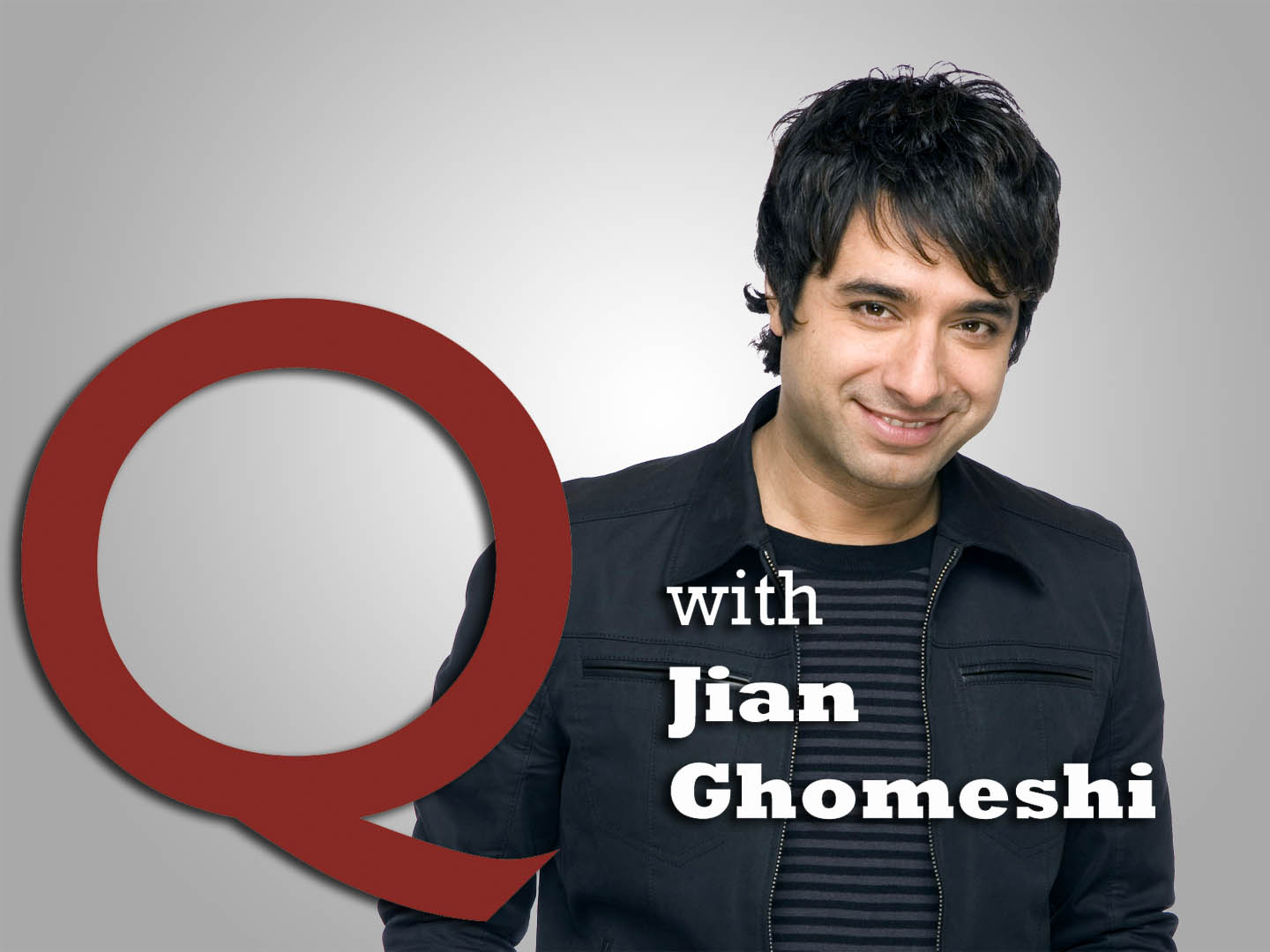I am desperate to start a sexual relationship with an old acquaintance but his wife, who has no interest in sex, would be appalled if she knew. Does that matter?
I read this in the Guardian’s ‘Life & Style’ section. Every week, a reader can present a dilemma she/he is faced with in her/his ‘private’ life and ask other readers for advice.
The full story goes like this:
I recently reconnected with an old classmate from my teens, and we fell in love almost immediately. We are in our early 50s and both in long marriages to good people whom we love. Leaving our spouses is not an option [….] Despite our desire for each other and the fact that his wife and my husband may be asexual, my friend and I have not slept with each other. My husband has given me permission to have a lover, but my friend’s wife would be appalled if he asked for the same set-up. Shouldn’t someone with no interest in sex and minimal romantic attachment to their spouse (they are like roommates) allow that spouse to fulfil her or his needs for stimulation and affection (discreetly) elsewhere without calling it “cheating”? My friend and I are moral people, but life is short.
Some of the readers’ replies are:
Whose word do we have for it that his wife is asexual?…Oh, only his… What a surprise.
Of course it is ok! Go and fuck with everyone in sight and don’t bother! 🙂
Fortunately, other replies are more sophisticated. Most people seem to acknowledge the dilemma is real. None of the proposed options are ideal. For example, those who suggest asexual married couples should never have extramarital sexual relationships at the same time acknowledge that this solution is not ideal as sexual frustration may build up and may have devastating effects on the marriage. Those who suggest the individuals who are attracted to each other (henceforth ‘sexual’ individuals) should be honest about it to their partners, and that the ‘affair’ (consented to by all parties concerned) may be justified, realise this will make their ‘asexual’ partners unhappy, with potentially devastating effects for both marriages. Perhaps some will find it obvious that one of these alternatives is better than the other, but surely we must except that whichever option one chooses, there is some harm, or risk of harm.
Could what Savulescu and Sandberg, in their 2008 paper, have called ‘love drugs’ help resolve the dilemma?
Read More »Is it OK to have an affair if your partner is asexual?




